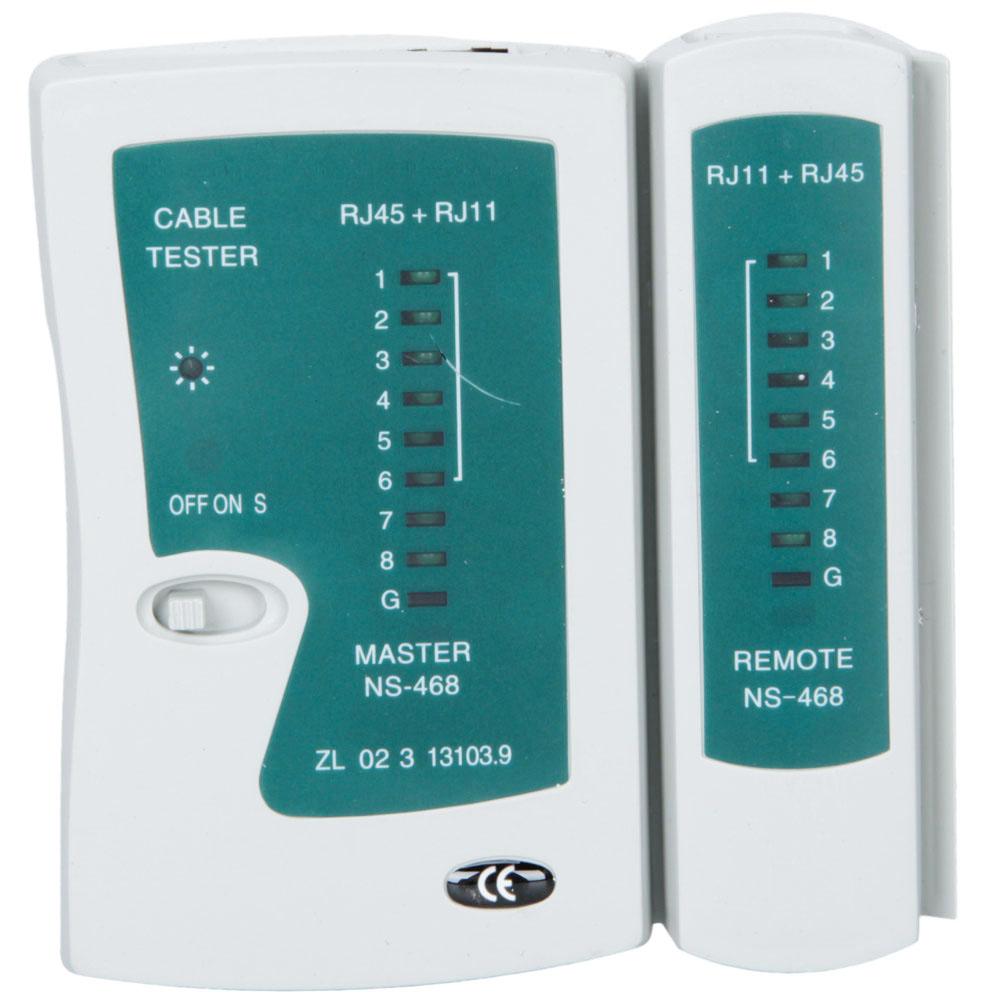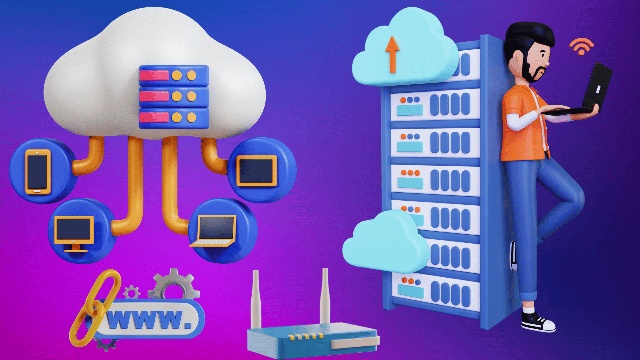- Using Basic Troubleshooting skills, learner can identify diagnose and resolve the Basic IT network related problems.
- Learner can do primary level of fault finding and take necessary actions for IT network related issues.
- Learner can also perform tasks like assigning IP addresses, monitoring network uptime, crimping of LAN cables, configuring and maintaining Wi-Fi network.
Network Support
In simple words, IT Network Support Technician is the one who troubleshoots, monitors, maintains the Internet and Intranet connectivity also the learner can monitor and maintain the uptime of various types of Networking Devices such as Routers, Switches, and Hubs.
What does an IT Network Support Technician do?
Who Should Join
- Students in Networking or IT Fields studying computer networking, IT infrastructure, or network administration who need practical skills in configuring networks and using network tools
- Aspiring Network Administrators looking to start a career in networking and gain hands-on experience with configuring and troubleshooting small networks.
- IT Support Technicians working in technical support or helpdesk roles who need foundational networking knowledge to assist users with network-related issues
- Entry-level IT staff members seeking to expand their skillset with basic networking concepts, IP addressing, DHCP configuration, and network troubleshooting
Why take Admission?
An IT Network support technician can work with companies / enterprises having an IT infrastructure including Routers and Switches and Internet connectivity or the companies who are providing Networking devices sales and support.
Learner can do a job or can work as an IT Hardware Support Consultant. A fresher can draw up to Rs. 100,000/- p.a.
Hierarchy
In any typical industry enterprise having even a basic IT Infrastructure including desktops and laptops, learners would work with a team of such more hardware and network support technicians who would guide them. Learner can further pursue to become a System Engineer or a System administrator as per his/her liking and abilities.
Tools
An IT Hardware Support Technician uses tools like IT Helpdesk, hardware monitors, and multi-meters for providing hardware support. Knowledge of few other tools like memtest86, CPUID (open source system hardware monitoring tool), and few similar open source tools can be beneficial for an IT Hardware Support Technician.
Syllabus
- Basics of Networking
- OSI Model
- TCP/IP Model
- Reference Link 1
- OSI/TCP Model
- Network Protocols
- Network Topology and Network Devices
- Reference Link
- Network Cabling
- Internet Connectivity Types
- Basics of IP addressing
- Classes of IP addresses
- Difference Between Static and Dynamic IPs
- Subnetting
- Configuring DHCP for Small Network
- Network Ports
- Overview of DNS
- WINS vs DNS
- MAC Address Formats
- Troubleshooting of Networks
- Network Troubleshooting Tools
- Configuring Wi-Fi Network
- Wireless Standards
DEEP Network Support (DEEP Certificate in IT Network Support)
Skills: Basics of Networking, Network Cabling, Basics of IP addressing, Configuring DHCP for Small Network, Troubleshooting of Networks, Configuring Wi-Fi Network
Tools: IT helpdesk, Network monitoring tools, LAN testers, Command line tools, Open source subnet calculators, Network packet analyzers
Lan Testers

Certificate 120 hrs
- MKCL provides certificate for 120 hours courses to the DEEP learner after his/her successful course completion.
Academic Approach
The Academic Approach of the course focuses on the “work centric” education i.e. begin with work (and not from a book !), derive knowledge from work and apply that knowledge to make the work more wholesome, useful and delightful. The ultimate objective is to empower the Learner to engage in socially useful and productive work. It aims at leading the learner to his/her rewarding career as well as development of the society.
Learning methodology
- Learners are given an overview of the course and its connection to life and work.
- Learners are then exposed to the specific tool(s) used in the course through the various real-life applications of the tool(s).
- Learners are then acquainted with the careers and the hierarchy of roles they can perform at workplaces after attaining increasing levels of mastery over the tool(s).
- Learners are then acquainted with the architecture of the tool or Tool Map so as to appreciate various parts of the tool, their functions and their inter-relations.
- Learners are then exposed to simple application development methodology by using the tool at the beginner’s level
- Learners then perform the differential skills related to the use of the tool to improve the given ready-made outputs.
- Learners are then engaged in appreciation of real-life case studies developed by the experts.
- Learners are then encouraged to proceed from appreciation to imitation of the experts.
- After imitation experience, they are required to improve the expert’s outputs so that they proceed from mere imitation to emulation.
- Finally, they develop the integral skills involving optimal methods and best practices to produce useful outputs right from scratch, publish them in their ePortfolio and thereby proceed from emulation to self-expression.
Evaluation Pattern
Evaluation Pattern of DEEP Courses consists of 4 Sections as per below table:
| Section No. | Section Name | Total Marks | Minimum Passing Marks |
|---|---|---|---|
| 1 | Learning Progression | 25 | 10 |
| 2 | Internal Assessment | 25 | 10 |
| 3 | Final Online Examination | 50 | 20 |
| Total | 100 | 40 | |
| 4 | SUPWs (Socially Useful and Productive Work in form of Assignments) | 5 Assignments | 2 Assignments to be Completed & Uploaded |
MKCL’s DEEP Certificate will be provided to the learner who will satisfy the below criteria:
- Learners who have successfully completed above mentioned 3 Sections i.e. Section 1, Section 2 and Section 3
- Additionally, learner should have completed Section 4 (i.e. Section 4 will comprise of SUPWs i.e. Socially Useful and Productive Work in form of Assignments)
- Learner has to complete and upload minimum 2 out of 5 Assignments
DEEP Courses Fee Structure from 01 July, 2025 Onwards
DEEP 120 hour course fee applicable from 01 July, 2025.| DEEP Course Duration 120 Hours | MFO (Inclusive of GST) | ALC Share (Service Charges to be collected by ALC) |
MKCL Certificate |
|---|---|---|---|
| Single Installment | Rs. 800/- | Rs. 4500/- | Available |
| Double Installment | Rs. 900/- | Rs. 4600/- | Available |
* Above mentioned fee is applicable for all Modes of DEEP Courses offered at Authorised Learning Center (ALC) and at Satellite Center
* Total fee is including of Course fees, Examination fees and Certification fees
* MKCL reserves the right to modify the Fee anytime without any prior notice

